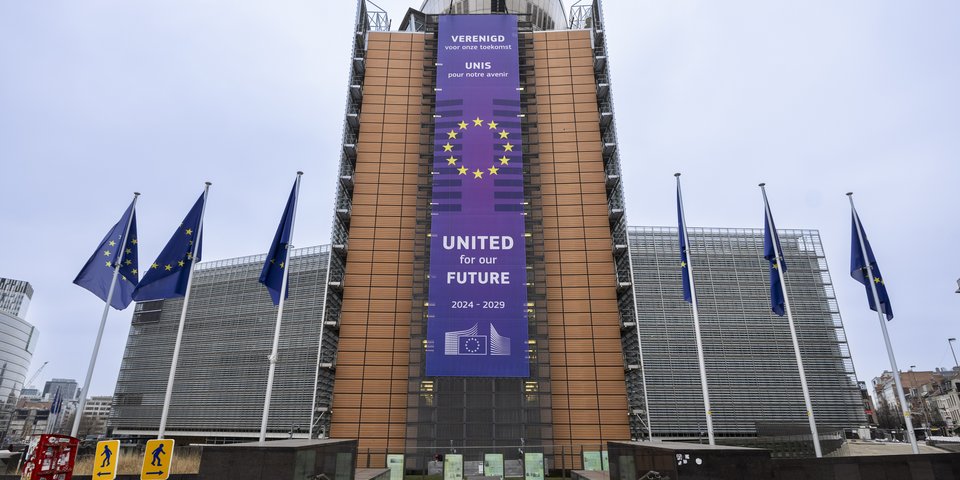 © EU
© EUEuropean Commission's Work Programme
Which initiatives can we expect in 2025?
HS – 02/2025
The European Commission presented its work programme for 2025 on 12 February. The work programme is based on the political guidelines and the mission letters from the Commissioners and it includes the most important initiatives that the Commission intends to introduce during the first year of its mandate.
Focus on simplification
The work programme will focus on democracy, prosperity and security issues. The work programme will also reflect the need expressed by citizens as well as businesses to make Europe faster and simpler. This is also made clear by the European Commission's "Simpler and Faster Europe" communication that was published together with the work programme. The work programme includes three omnibus packages, which include proposals for various sectors, and their aim is simplification.
Strengthening the internal market
The planned horizontal single market strategy (Q2 2025) is intended to make the cross-border provision of goods and services easier. Fair and effective labour mobility, which is essential for a strong internal market under the work programme, will also play a role here. Furthermore, the European Commission would also like to prepare preparatory measures for a later proposal relating to the so-called 28th regime. The 28th regime is intended to create a harmonised EU-wide framework for businesses that covers all relevant aspects of company, insolvency, labour and tax laws.
Simplifying the chemicals policy
In the chemicals policy sector, the competitiveness of the chemical industry within the EU is to be strengthened and a simpler system for authorising, evaluating and registering chemicals is to be created. This also includes clarity with regard to the so-called perpetuity chemicals (PFAS). The revision of the REACH regulation (Q4 2025) is intended to help simplify the regulations for the chemical industry without compromising safety or environmental protection.
Streamlining digital legislation
A legislative digital package (Q4 2025) is planned as part of the simplification process and it will include revising and simplifying cyber-security legislation. This will be part of a broader assessment of the legal heritage regarding digital policy that will examine whether the existing regulations go beyond the necessary guidelines and standards. An "AI Continent Action Plan" (Q1 2025) is to be presented for the AI sector, which will include the "Apply AI" strategy.
Strengthening supply security through health initiatives
A "Critical Medicines Act" (Q1 2025) is to be presented for the healthcare sector, in order to make the availability of critical medicines and ingredients more secure. A strategy to support medical countermeasures against public health threats (Q2 2025) will also support the EU's preparedness efforts. Through further developing the action plan covering cyber-security in hospitals and healthcare providers (Q1 2025), the European Commission aims to prevent cyber-security incidents in this extremely sensitive sector.
Employment and social affairs in a supporting role
The work programme underlines the European social model as being both a social cornerstone as well as a competitive advantage. Strengthening social justice should therefore be a priority. Implementing the European Pillar of Social Rights is central in this context and this is to be supported by a new action plan (Q4 2025). The planned "Union of Skills" (Q1 2025), which is targeted at further education, training and advanced training, is to be supplemented by a roadmap for high-quality jobs (Q4 2025). It is noticeable that out of a total of 45 new initiatives in the employment and social affairs sectors, only four are planned as exclusively non-legislative initiatives.
